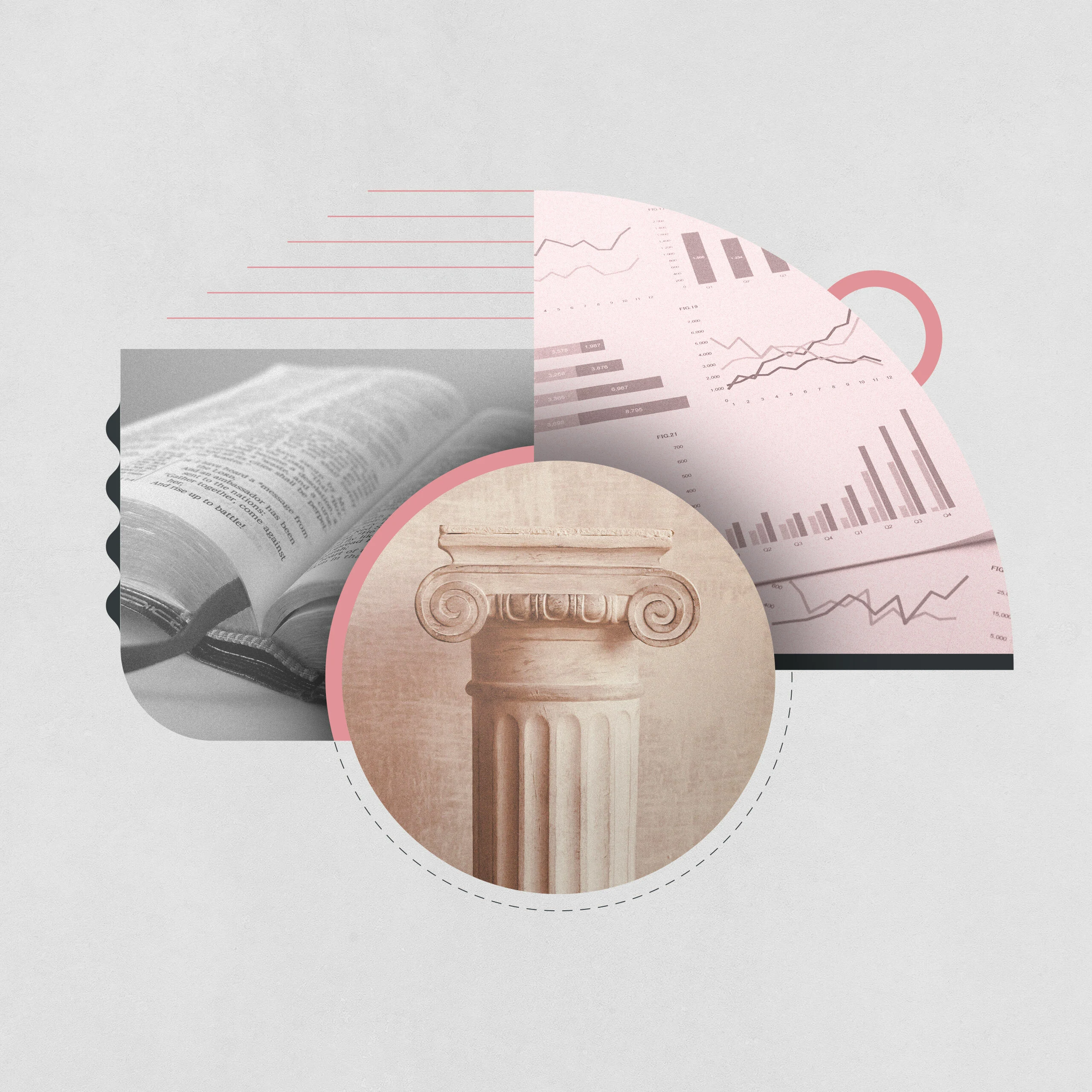Who Is the Christ We Are Following?

John 6 records two eventful days in the incarnate life of Jesus Christ. The miracle of the feeding of the five thousand occurred on the first day. That day also ended with another miracle, that of Jesus walking on the water. The second day was a bit different. This day was filled with teaching, and it was teaching that was not well received by the great crowds. Jesus stood before this crowd and identified Himself as the bread of life and as the exclusive way to His Father (John 6:35-40).
The crowd was not buying it. They responded “Is not this Jesus, the son of Joseph, whose father and mother we know?” (John 6:42). Jesus declared Himself to be one thing. The crowds decided that He was another. By the end of this second day, those great crowds had dwindled. The hard sayings were too much, and Jesus was left with the twelve. So He put the question to them. Do you, the twelve, want to leave (6:67)? Peter spoke for the group. There is nowhere else for us to go, he said, because Christ has the words of eternal life and Christ is “the Holy One of God” (6:69).
These interactions of Christ with the crowds and Christ with all sorts of individuals get played out again and again in the pages of the Gospels. Down through the centuries, these interactions get played out also. The single most crucial question of all time may very well be: Who is Jesus Christ? The identity of Christ is likely the most crucial issue any one will ever face. A great deal hangs in the balance when it comes to the question of the identity of Jesus. We learn in Scripture itself and we see the lesson echoing through church history that in order to have a right understanding of the work of Christ, we must have a right understanding of the person of Christ.
In The State of Theology study for 2016, which we undertook with Lifeway Research, we focused two of the 47 statements on the identity of Christ. What did we find? First, Americans are confused when it comes to the identity of Christ. Secondly, self-professing evangelicals are even more confused than the general population. The responses show the issue is deeper than mere confusion. What we see is this: Self-professing evangelicals are more heretical than the general population.
The first of the two statements regarding Christ is this:
Jesus is truly God and has a divine nature, and Jesus is truly man and has a human nature.
If we consider this statement alone the results are actually strong. 62% of the general population, consisting of the 3,000 people surveyed, either strongly agree or somewhat agree. When we consider the specific profile of evangelicals, the number spikes to 83%. Again, that’s encouraging.
Consider, however, the second statement:
54% of the general population agrees. Now we see the confusion, and also the heresy. To affirm that Jesus is truly divine precludes that He is a created being. This view that Christ is a created being is one of the oldest heresies to ricochet through the church in the early centuries. As this survey attests, this heresy persists in the present day.
Here, however, is an even more startling statistic. When this statement, Jesus is the first and greatest being created by God, is put to evangelicals, they are worse than the general population. 63% of evangelicals agree, with 49% of them agreeing strongly.
83% of evangelicals affirm the deity of Christ. Then, in the very next question, 63% of evangelicals deny the deity of Christ. Roman Catholics did worse, by the way. On this statement, the number for Roman Catholics who agree shoots to 71%.
R.C. Sproul has recently commented that the creeds of the early church, the Nicene Creed and the Definition of Chalcedonian, have been neglected and misunderstood. We have an anemic Christology in our churches. We haven’t helped people think through the biblical teaching on the identity of Jesus Christ. The results of this survey show these claims to be true.
We could press this a little further. The issue in our evangelical churches is not the lack of a Christology. There is a Christology present. It is, however, a weak and heretical one. We need to recognize the gravity of this problem. A healthy Christology is not merely a matter of getting a survey question right. It’s not about passing a test. Christ’s true and proper identity is essential to the church’s identity. This is true on two counts. Again, R.C. helps us see this. He has said that following Christ is central to Christianity. This raises the all-important question: Who is the Christ we are following? Is it a Christ of our own making? Are we like the crowds in John 6 who applaud the miracles but resist the hard sayings? Do we like the Jesus of day one in John 6, but balk at the Jesus of day two? We must follow the biblical Christ as He comes to us in the full-orbed nature of His identity. If we are not following the biblical Christ, then we are not following Christ.
The second reason why Christ’s identity is essential to the church’s identity has to do with the work of Christ. Who Christ is has everything to do with what Christ did. That is to say, Christ’s person is essential to Christ’s work. We will not, as a church, proclaim the gospel aright if we fail to get the identity of Christ right.
Our aim with this survey is not to lament how bad things are when we consider the state of theology. On the contrary, the aim is to call us as the body of Christ to action, to call us to think through our priorities, and to call us to consider what we teach and how we teach it. The leaders in the early church devoted years of their life, some even dedicated decades of their life, to helping the church know what the Bible says about Christ’s identity. They literally took on the world in the service of the church’s Christology. They were like the twelve disciples at the end of John 6. They knew that Jesus has the words of eternal life. They knew that He was the Holy One of God. And they knew they would not be the church without that teaching. So the question is put to us in our day. How we as a church answer the question is of profound consequences.
This article is part of the State of Theology collection.


